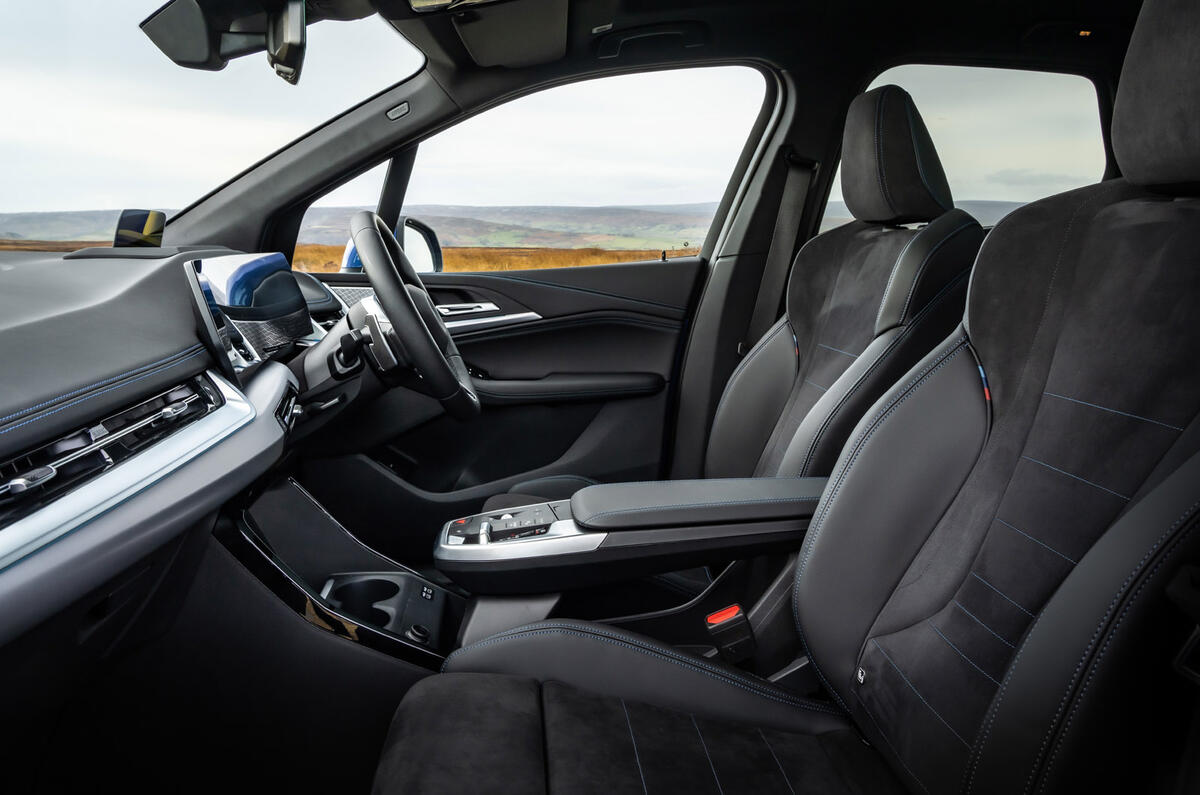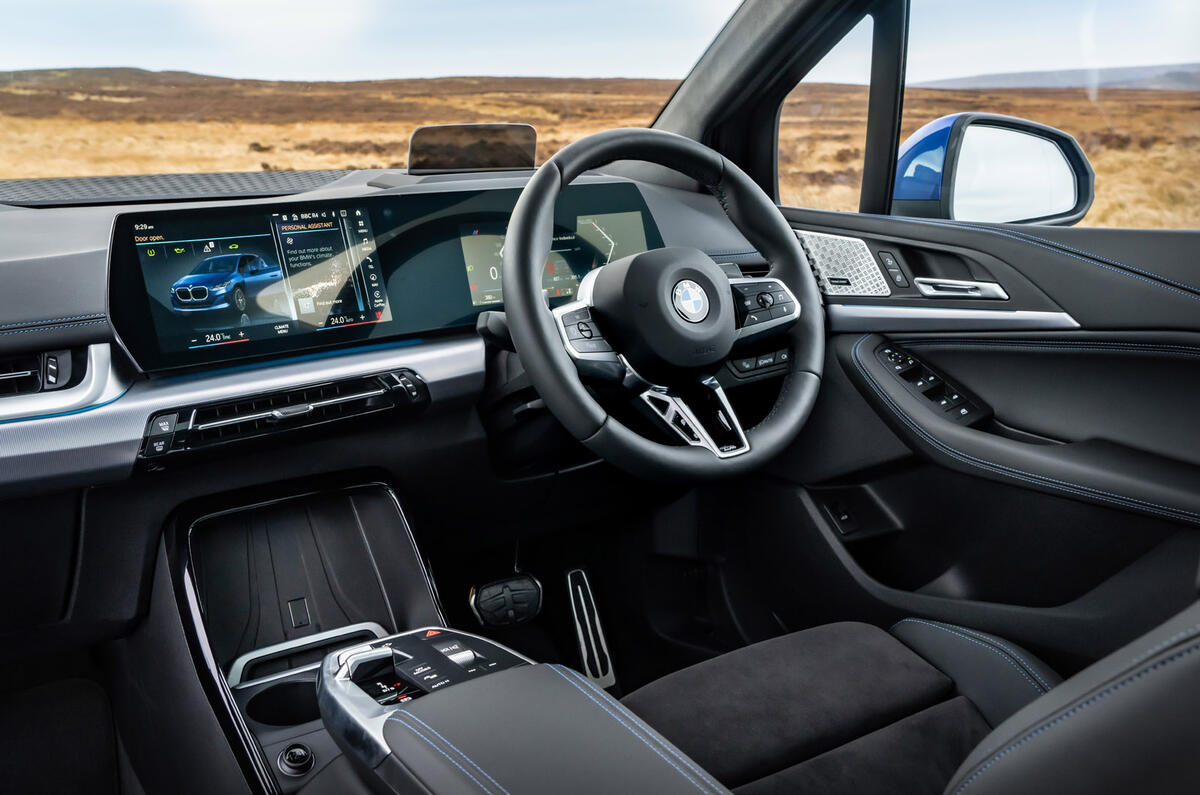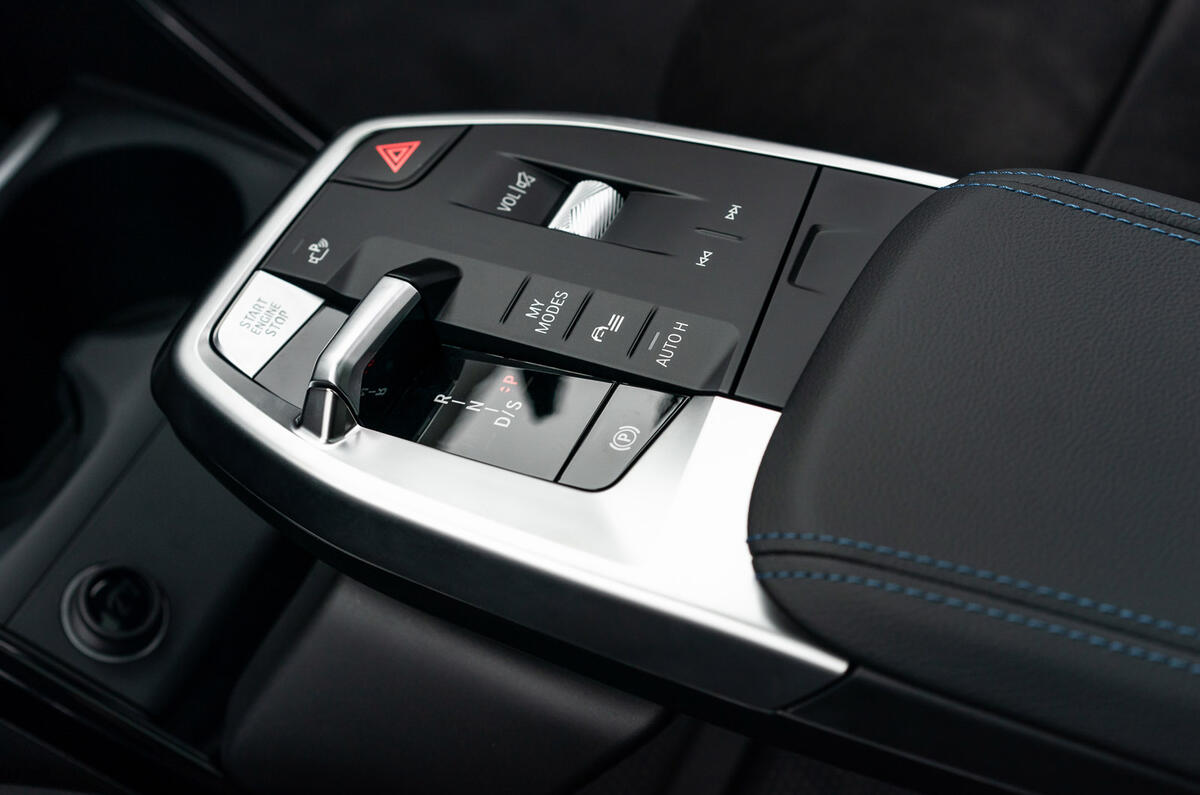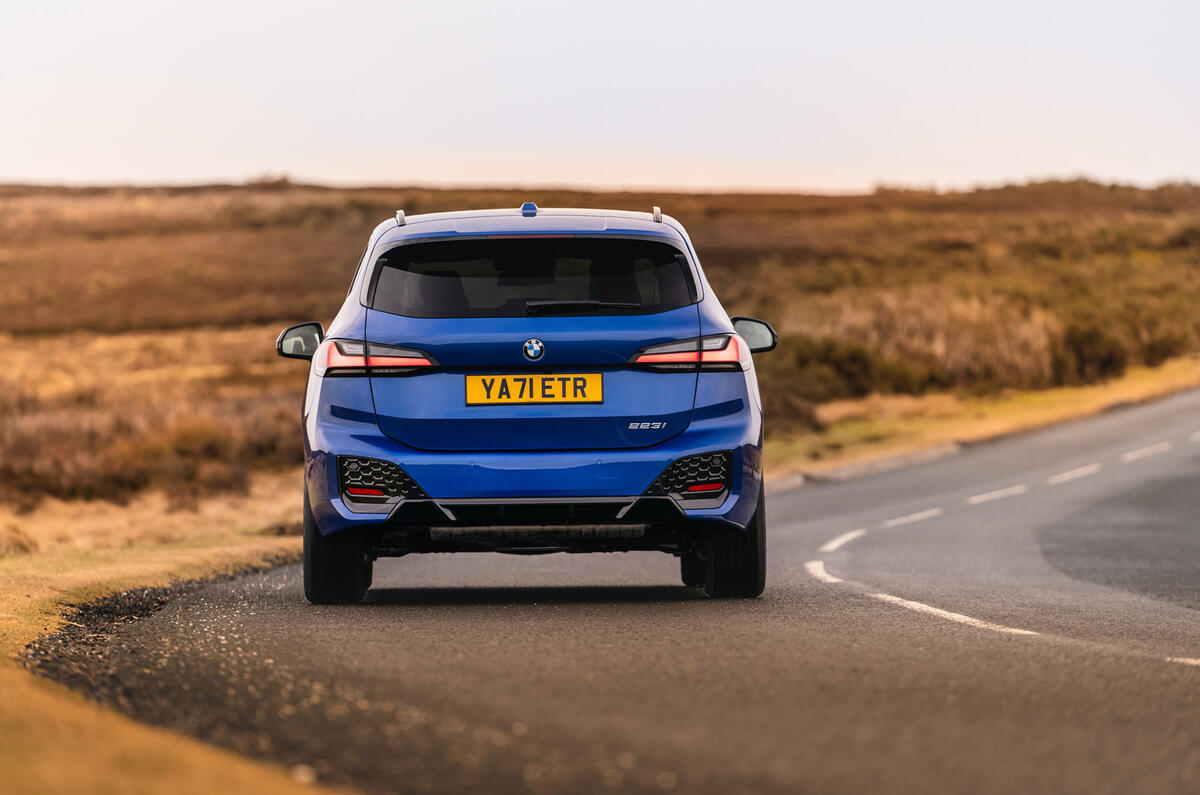What is it?
The MPV is on the verge of extinction, its place in many manufacturer price lists taken by SUV-infused family cars that offer less space and practicality but more of the me-too kerb appeal that buyers currently crave.
The situation hasn't been lost of BMW, which has just launched its second-generation 2 Series Active Tourer, a compact people carrier in the mould of Citroën C4 SpaceTourer and Renault Grand Scenic, both of which have been killed off in the UK as a result of slow sales.
That hasn’t been a problem for the Active Tourer so far. The original has racked up a decent 40,000 sales since its introduction in 2015. Even so, the brand isn’t taking any chances, so in a neat marketing sleight of hand, the box-fresh BMW is being presented as a ‘crossover-influenced’ model. See what they did there?
So what exactly is the 2 Series Active Tourer? Well, it's an all-new machine for a start, a replacement for the original, which had the distinction of being the firm’s first-ever front-wheel-drive machine, essentially paving the way for the acceptance of the current F40-generation BMW 1 Series. It’s underpinned by the brand’s latest FAAR front-wheel-drive architecture, which means the car is bigger than before and, crucially, capable of housing BMW’s latest Gen5 plug-in electric drivetrains.
As before, it aims to squeeze as much interior space as possible into a footprint that’s only 67mm longer and 25mm wider than a 1 Series. That means there’s much more height and a design that follows the typical one-box MPV template. And the crossover parts? Erm, there aren’t really any obvious ones, the 2 Series rejecting the raised ride height and chunky body cladding approach in favour of styling that features a few design cues from the firm’s X-rated off-roader line-up.
At launch, there will be a 218d diesel and two 48V mild-hybrid-assisted petrols (the 220i and 223i), but a pair of plug-in hybrids will arrive later in the year. These two will be available in 225xe and 230xe guises, with the latter delivering a healthy 322bhp, while both are capable of a WLTP-stamped EV range of 56 miles thanks to a 14.2kWh battery.
Elsewhere, the range has been rationalised to Sport, Luxury and M Sport trim levels and all versions now get many of the brand’s latest array of driver assistance systems as standard (although you’re likely to switch most of them off after that first tug of the wheel from the lane keep assist). Prices start at £30,625 and rise to £36,390, but are expected to increase more with the arrival of the PHEV models.












































Add your comment